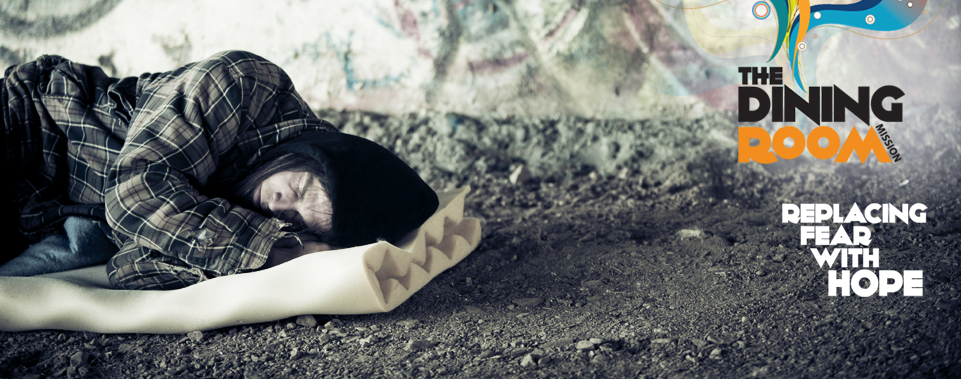Her name was Brenda
On a chilly Melbourne morning the usual crowd boarded the 6.55 bus to the city. The driver noticed a frail elderly woman sprawled across a bench. On closer inspection he realised she was wet, shivering and gasping for breath. He hopped back into the bus and to his question “did anyone phone the police or ambulance?” the general conversation fell to an empty silence and blank faces. “No one eh…wow you can’t all be blind, surely!” He called the police and ambulance; they were quick to respond.
Several weeks later a Crisis and Homeless Centre contacted the bus-driver to thank him for his compassion and inform him that she died about a day later…alone.
Her name was Brenda.
For several years, this 79 year old woman roamed our streets believing she couldn’t belong anywhere. She lived in a filthy boarded-up shop with no heating, electricity or water and no furnishings other than a bed-frame. She didn’t sleep on the bed-frame because she associated ‘bed’ with the horrific mental and physical abuse she suffered from a ruthless husband. One day, taking no possessions of any kind, she found the courage to run away. Sadly, as the result of numerous beatings, she couldn’t remember if she had family or friends to run to.
Brenda didn’t make friends. The thought of drawing attention to herself terrified her. She had learnt through bitter experience that it was wiser not to get close to anyone. This was the only way she knew how to survive and cope in a society which – if she dropped her guard – might again treat her as something to be trampled on and thrown away.
The empty shop – her home for a long time – was reduced to a pile of rubble to make way for units. Where she lived until she was discovered at the bus shelter remained a mystery.
To think about Brenda shuffling along streets, being an easy target for abuse of all kinds, living in squalor, hiding in the shadows, scavenging for food, being sick and not realizing that she could get care and comfort – is simply unimaginable.
The psychological effects of being without a safe, secure place to call “my home” over prolonged periods of time are extremely damaging to a person’s mental health, sense of worth and physical well being. It can lead, as it did for Brenda, to a kind of isolation and destitution beyond our comprehension.
In fact, the idea of linking older people with homelessness is just as unthinkable. Yet older men and women make up a significant number of homeless people just in this city.
It’s difficult to fathom what life must have been like for someone who believed that it was safer to seek refuge in the gruesome sub-culture of homelessness.
Try to reflect upon what it would be like if this 79 year old person was the same age as your parent or grandparent!
